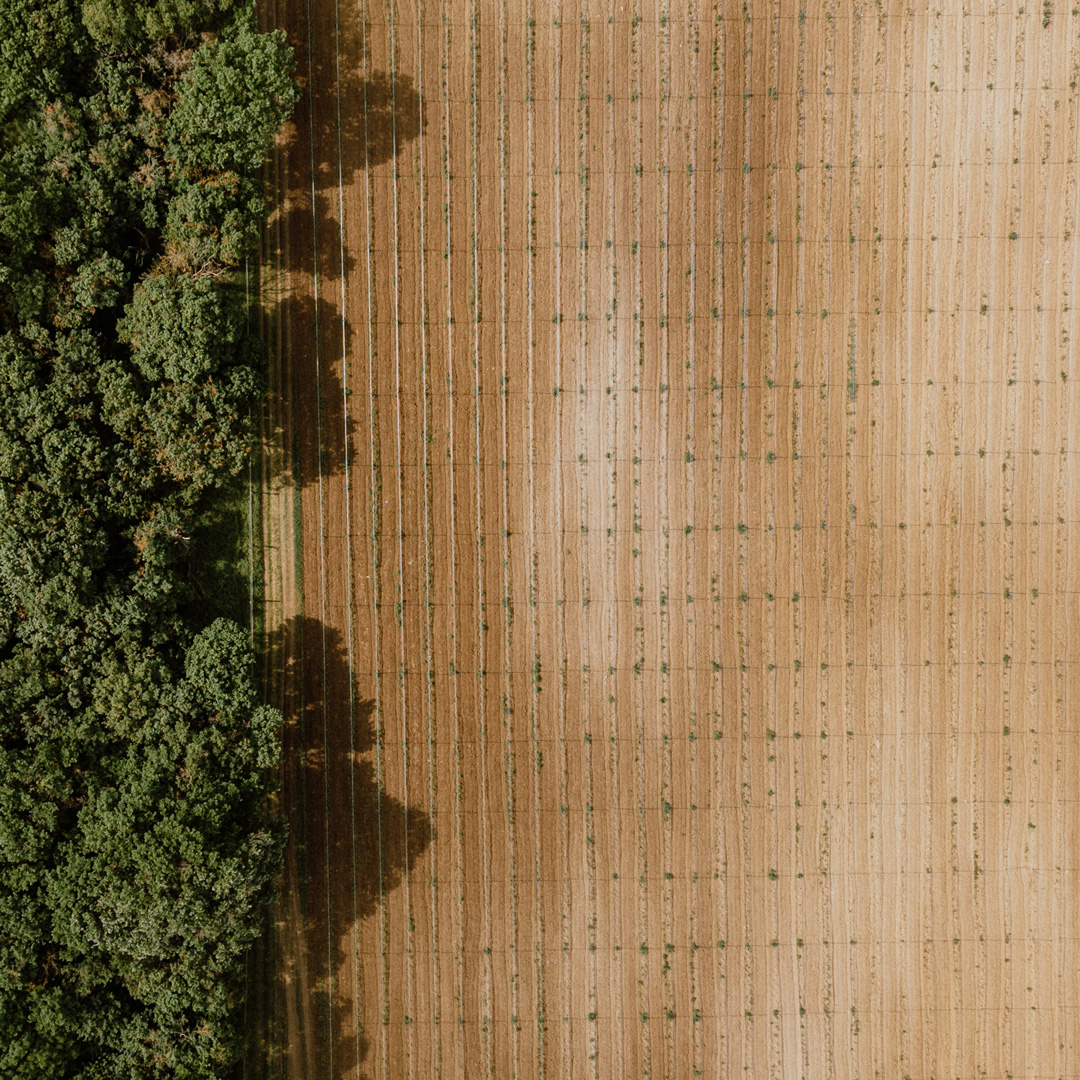
What does a food system look like, one that can feed the world while also protecting our climate, biodiversity, and health? You're invited to join the conversation, open to anyone curious about the future of food.
From farm to fork – and beyond
Hungry for change brings together regenerative experts, entrepreneurs, researchers, investors, journalists, students, and decision-makers for open, honest, and unscripted conversations. These talks ask bold questions, challenge conventional thinking, and connect knowledge across disciplines – from soil to table, and into the political and economic structures that shape our food systems.
The food crisis demands action – and new conversations
Our current food system is one of the main drivers of both climate change and biodiversity loss. 31% of global CO₂ emissions come from food production, while 96% of biodiversity loss is linked to agriculture, deforestation, and overfishing. At the same time, intensive production methods are polluting our water resources, food waste accounts for one-third of all food produced, and unhealthy ultra-processed foods dominate many people’s diets.
Change is needed – and Hungry for change is a platform where that change can begin.
____________________
Today’s host: Koen van Seijen
Today’s guest: Søren Ejlersen
(This conversation will be in English)
How do we build a food system that benefits soil, people, and the planet?
We are what we eat – and what our food has eaten.
Science leaves no doubt: the way food is grown fundamentally impacts its quality and our health. Now that we understand this – or at least we should – the real question is: How do we build a food system that nourishes not just people but also soil, plants, animals, and entire ecosystems?
In this Hungry for Change conversation, Koen van Seijen (Investing in Regenerative Agriculture and Food) meets Søren Ejlersen (co-founder of Aarstiderne) to explore how a regenerative approach to food can restore health at every level – from soil to society.
__________________________
The format:
• Free and open to all
• Conversations with curious minds, experts, and practitioners
• Focus on solutions, dilemmas, and concrete actions
“We should not just talk about change – we should create it.”
What does a food system look like, one that can feed the world while also protecting our climate, biodiversity, and health? You're invited to join the conversation, open to anyone curious about the future of food.
From farm to fork – and beyond
Hungry for change brings together regenerative experts, entrepreneurs, researchers, investors, journalists, students, and decision-makers for open, honest, and unscripted conversations. These talks ask bold questions, challenge conventional thinking, and connect knowledge across disciplines – from soil to table, and into the political and economic structures that shape our food systems.
The food crisis demands action – and new conversations
Our current food system is one of the main drivers of both climate change and biodiversity loss. 31% of global CO₂ emissions come from food production, while 96% of biodiversity loss is linked to agriculture, deforestation, and overfishing. At the same time, intensive production methods are polluting our water resources, food waste accounts for one-third of all food produced, and unhealthy ultra-processed foods dominate many people’s diets.
Change is needed – and Hungry for change is a platform where that change can begin.
____________________